OCD
Recent articles
Temperament is innate but hackable, animal studies suggest
Emotional reactivity and vulnerability to stress are largely inherited in rodents — but can be modified in early life by targeting inflammation-related cells or even just adjusting an animal’s environment.
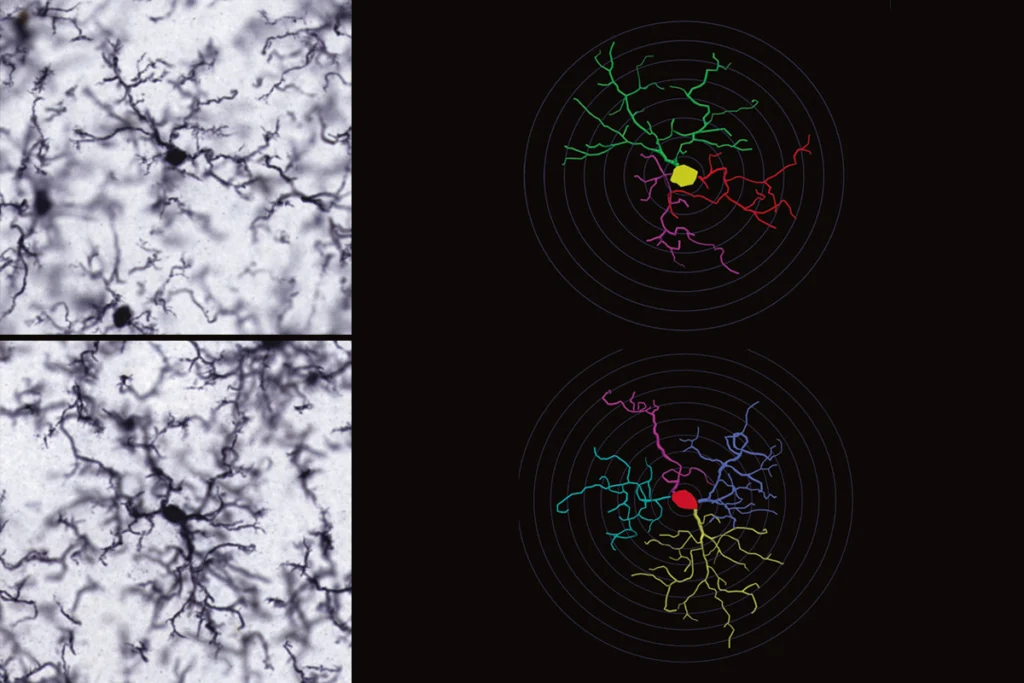
Temperament is innate but hackable, animal studies suggest
Emotional reactivity and vulnerability to stress are largely inherited in rodents — but can be modified in early life by targeting inflammation-related cells or even just adjusting an animal’s environment.
‘Into the wild’: Moving studies of memory and learning out of the lab
People with electrodes embedded deep in their brain are collaborating with a growing posse of plucky researchers to uncover the mysteries of real-world recall.

‘Into the wild’: Moving studies of memory and learning out of the lab
People with electrodes embedded deep in their brain are collaborating with a growing posse of plucky researchers to uncover the mysteries of real-world recall.
Autistic LGBTQ+ people report frequent mental health problems
The co-occurring conditions may stem from the heightened stress people in minority communities experience.

Autistic LGBTQ+ people report frequent mental health problems
The co-occurring conditions may stem from the heightened stress people in minority communities experience.
Common variants link autism, ADHD, Tourette syndrome
Genetic variants that contribute to autism may also be involved in attention deficit hyperactivity disorder and Tourette syndrome, according to a new study.
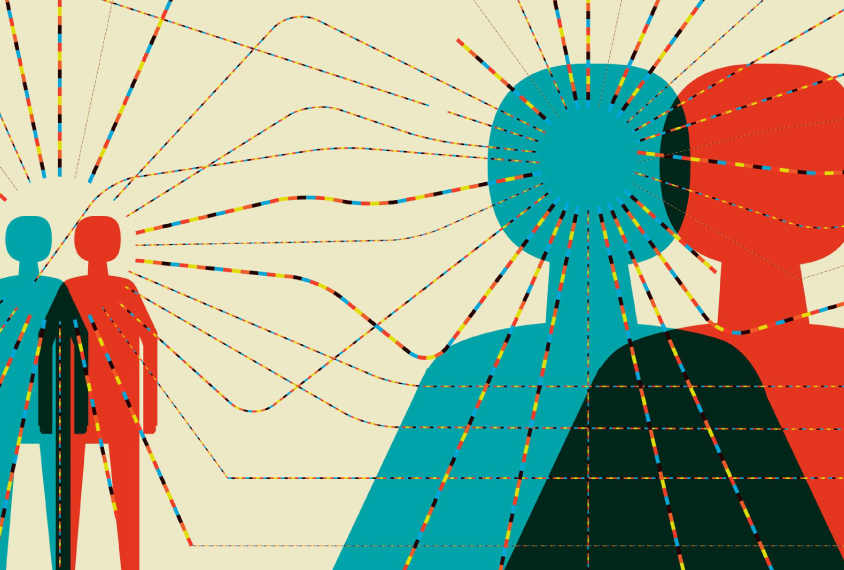
Common variants link autism, ADHD, Tourette syndrome
Genetic variants that contribute to autism may also be involved in attention deficit hyperactivity disorder and Tourette syndrome, according to a new study.
Autism shares brain structure changes with other psychiatric conditions
Atypical development of a particular type of neuron explains the structural similarities seen in the brains of people with autism, schizophrenia and other conditions, according to a new study.
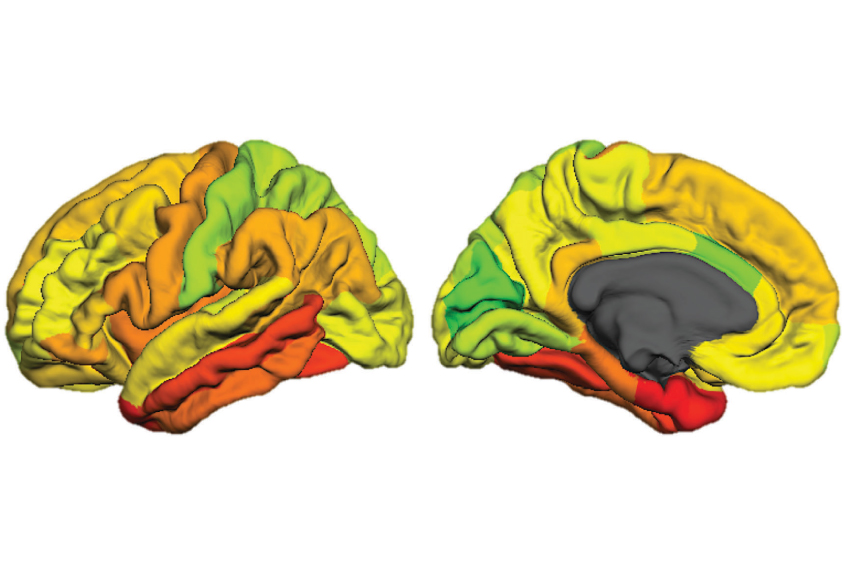
Autism shares brain structure changes with other psychiatric conditions
Atypical development of a particular type of neuron explains the structural similarities seen in the brains of people with autism, schizophrenia and other conditions, according to a new study.
Repetitive behaviors and ‘stimming’ in autism, explained
Restricted interests and repetitive behaviors constitute one of two criteria that define autism in the diagnostic manual for psychiatry.
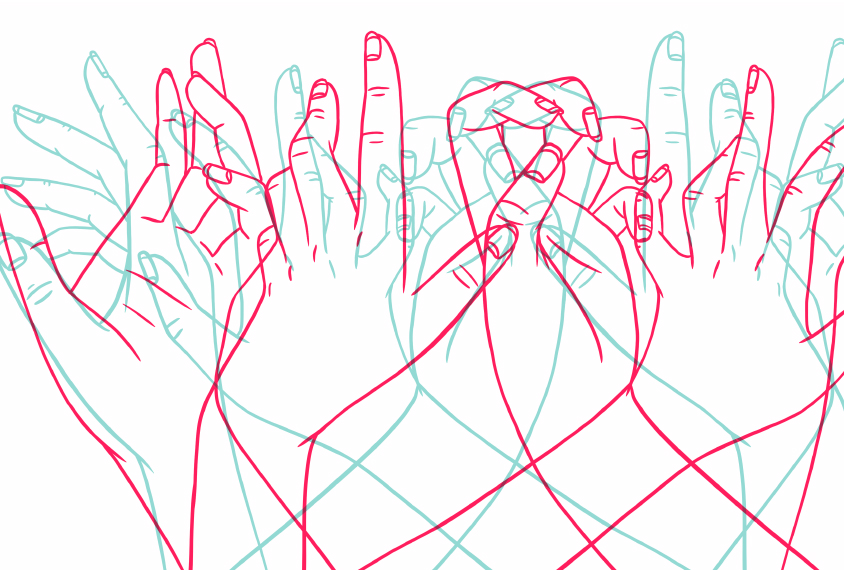
Repetitive behaviors and ‘stimming’ in autism, explained
Restricted interests and repetitive behaviors constitute one of two criteria that define autism in the diagnostic manual for psychiatry.
How a controversial condition called PANDAS is gaining ground on autism
Some scientists say an immune condition called PANDAS affects as many as 1 in 200 children who have traits similar to those of autism. But many experts contest that figure — and even the condition's very existence.
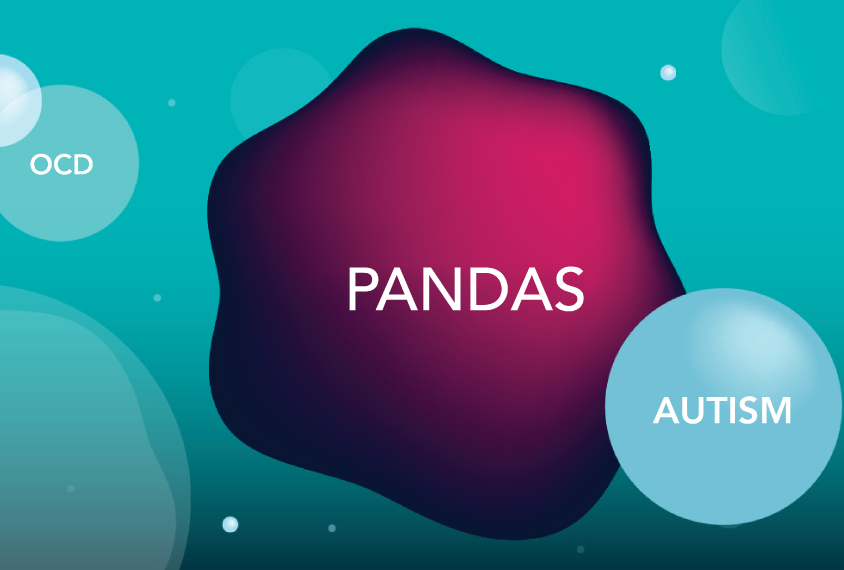
How a controversial condition called PANDAS is gaining ground on autism
Some scientists say an immune condition called PANDAS affects as many as 1 in 200 children who have traits similar to those of autism. But many experts contest that figure — and even the condition's very existence.
Rethinking repetitive behaviors in autism
Autistic people have long maintained that repetitive behaviors are beneficial. Emerging evidence in support of this idea is shaping new therapies.
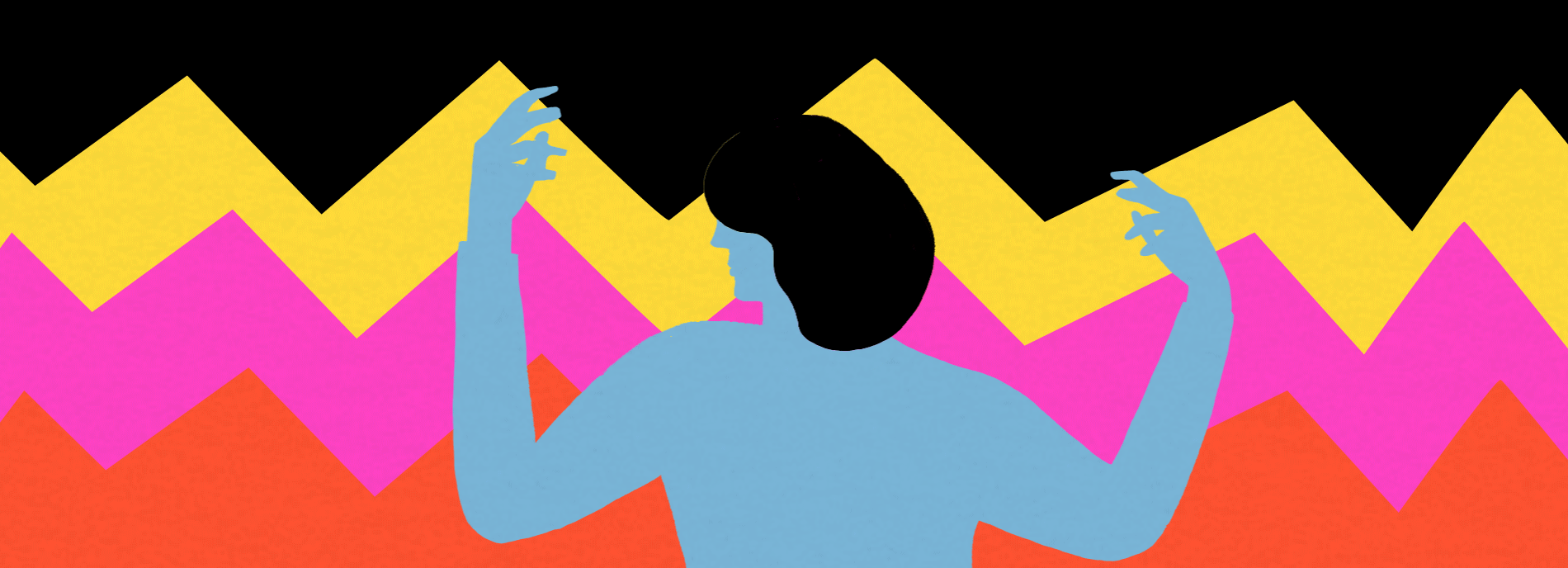
Rethinking repetitive behaviors in autism
Autistic people have long maintained that repetitive behaviors are beneficial. Emerging evidence in support of this idea is shaping new therapies.
Enlarged amygdala may forecast anxiety, depression in autistic children
A tiny chunk of the brain’s emotion enter, the amygdala, is enlarged in some autistic children; the larger this piece, the more anxious and depressed the child is likely to be.
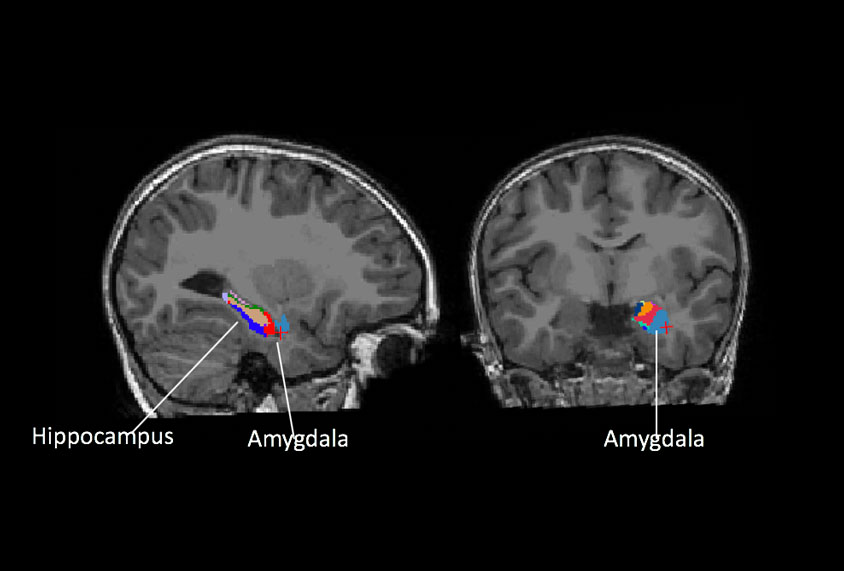
Enlarged amygdala may forecast anxiety, depression in autistic children
A tiny chunk of the brain’s emotion enter, the amygdala, is enlarged in some autistic children; the larger this piece, the more anxious and depressed the child is likely to be.
Untangling the ties between autism and obsessive-compulsive disorder
Autism and obsessive-compulsive disorder frequently accompany each other; Scientists are studying both to understand how they differ.
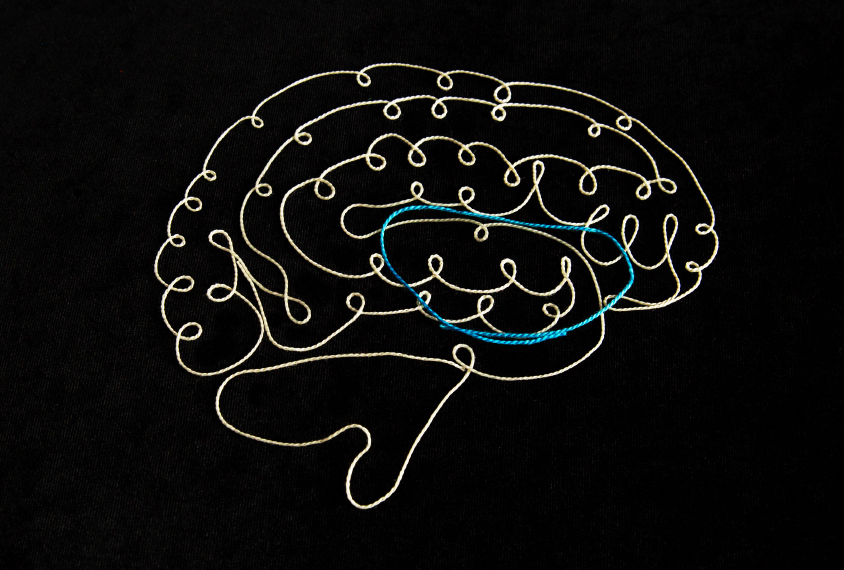
Untangling the ties between autism and obsessive-compulsive disorder
Autism and obsessive-compulsive disorder frequently accompany each other; Scientists are studying both to understand how they differ.
Explore more from The Transmitter
Coding error caused layoffs at National Institute of Neurological Disorders and Stroke this week, source says
Thirty employees—including 11 lab heads—at the institute should “immediately return to work,” according to an email the institute’s Office of Human Resources sent to top administration at the institute Wednesday evening.

Coding error caused layoffs at National Institute of Neurological Disorders and Stroke this week, source says
Thirty employees—including 11 lab heads—at the institute should “immediately return to work,” according to an email the institute’s Office of Human Resources sent to top administration at the institute Wednesday evening.
PTEN problems underscore autism connection to excess brain fluid
Damaging variants in the autism-linked gene cause congenital hydrocephalus—a buildup of cerebrospinal fluid in the brain—by turbocharging a downstream signaling pathway that promotes the growth of cells, according to a new study.

PTEN problems underscore autism connection to excess brain fluid
Damaging variants in the autism-linked gene cause congenital hydrocephalus—a buildup of cerebrospinal fluid in the brain—by turbocharging a downstream signaling pathway that promotes the growth of cells, according to a new study.
U.S. health agency purge includes 10 lab heads at National Institute of Neurological Disorders and Stroke
The reasons for selecting these researchers—who have led work on neuronal migration, dopamine receptors in neuronal signaling and the structure of ion channels, among other areas—remain unclear.

U.S. health agency purge includes 10 lab heads at National Institute of Neurological Disorders and Stroke
The reasons for selecting these researchers—who have led work on neuronal migration, dopamine receptors in neuronal signaling and the structure of ion channels, among other areas—remain unclear.